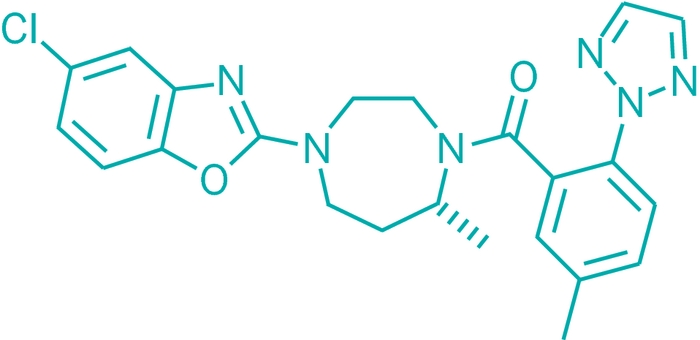Advertisement
Grab your lab coat. Let's get started
Welcome!
Welcome!
Create an account below to get 6 C&EN articles per month, receive newsletters and more - all free.
It seems this is your first time logging in online. Please enter the following information to continue.
As an ACS member you automatically get access to this site. All we need is few more details to create your reading experience.
Not you? Sign in with a different account.
Not you? Sign in with a different account.
ERROR 1
ERROR 1
ERROR 2
ERROR 2
ERROR 2
ERROR 2
ERROR 2
Password and Confirm password must match.
If you have an ACS member number, please enter it here so we can link this account to your membership. (optional)
ERROR 2
ACS values your privacy. By submitting your information, you are gaining access to C&EN and subscribing to our weekly newsletter. We use the information you provide to make your reading experience better, and we will never sell your data to third party members.
Environment
Cooking With Oils
April 14, 2014
| A version of this story appeared in
Volume 92, Issue 15
Correction

\
March 31, page 26: In a story about new drug candidate disclosures, the structure of suvorexant contains a ketone linkage; it should be an amide, as shown.
In his letter, Edward J. Behrman indicates that thermal isomerization of olefins can play a role in the cis- versus trans-fat content in cooking oils and suggests that cooking with oils with no trans fat may not eliminate them from the diet (C&EN, Feb. 3, page 2). My recollection from organic chemistry is that thermal isomerization without the help of some catalyst would cause more degradation than isomerization.
Regardless, in an article titled “Heat Induced Cis/Trans Isomerization in Vegetable Oils and Oleic Acid” by John-Harwood Scott and Sarah E. G. Porter, they write: “The results indicate that heating canola, corn, and premium and generic olive oil to their smoke point for at least 15 minutes does not quantifiably increase their respective concentration of trans fatty acids” (http://blogs.longwood.edu/incite/2012/01/30/heat-induced-cistrans-isomerization-in-vegetable-oils-and-oleic-acid).
Cooking is typically not done near the smoke point of the oils because the taste of the food is dramatically diminished and it poses a fire hazard. So the health risk from a fire at those temperatures is probably much worse than any amount of trans fat that may occur and be ingested by consuming cooked oils.
Steve L. Aprahamian
Pittsburgh


Join the conversation
Contact the reporter
Submit a Letter to the Editor for publication
Engage with us on Twitter